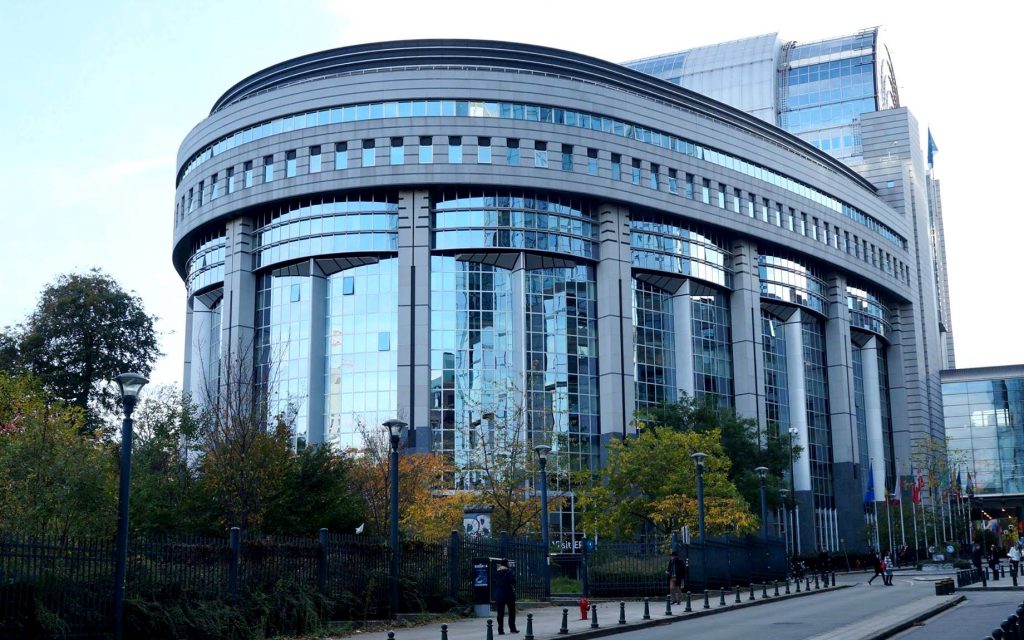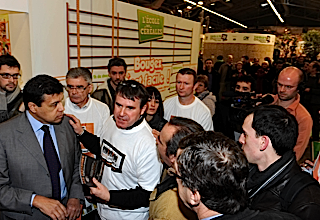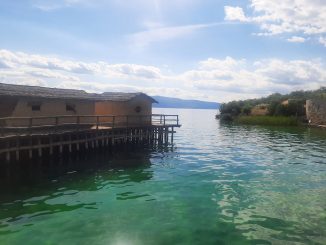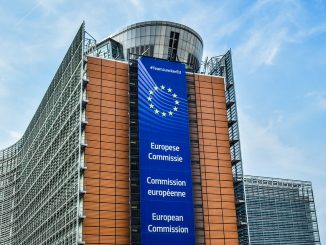
With a number of key agrifood files missing-in-action or still jumping through legislative hoops as EU elections loom, the coming months will be the defining moment for the legacy of the Green Deal, the EU’s flagship policy for environmental sustainability.
Anything not on the table before the elections faces an uncertain future in the next Commission and Parliament. But, with EU agricultural policy increasingly becoming a favourite plaything for politicking, the fate of these files hangs in the balance.
With this in mind, ARC took a look at the current state of play of some of the main Green Deal agrifood files.
Sustainable food systems law
The sustainable food systems law, a key element of the EU’s flagship Farm to Fork (F2F) strategy and a central pillar of the Green Deal, aims to accelerate and facilitate the transition to sustainable food systems.
While the proposal of the law was originally scheduled for the third quarter of this year, it is currently touch and go whether it will be presented before the end of this Commission’s mandate in October 2024.
Fears were first sparked that it had been abandoned altogether after reports from the Financial Times, followed by its conspicuous absence from Commission President Ursula von der Leyen’s State of the Union speech.
The proposal is also not listed in the Commission’s liste des points prevus for the coming months, which sets out the EU executive’s planned actions between 3 October to 29 November. However, a Commission source pointed out that this list is “not set in stone” and items can still be added or removed if circumstances change.
Meanwhile, an EU official close to the file said that this does not mean that the Commission has stopped work on the proposal and the fact that it was not mentioned in the State of the Union address “does not mean it is not an important initiative for the Commission”.
The official said that, however, there is currently “no official date for adoption” of this proposal.
Asked about the hold-up in publication, the EU official explained that the Commission is still processing comments and feedback from stakeholders and hammering out the details of the complex file.
This delay has not gone down well among MEPs, 40 of whom sent a letter to Green Deal chief candidate Maroš Šefčovič and Commission chief Ursula von der Leyen on Monday (25 September) urging the EU executive to publish the proposal.
Animal welfare revision
Another notable absence from the upcoming policy agenda is the overhaul of the EU’s animal welfare legislation.
While a draft of the final proposal already passed the first quality control check, progress has been stalling on the proposal, despite the fact that multiple sources have indicated that it is technically ready to go.
Although it does not feature in the Commission’s agenda for the next few months, one Parliamentary source has suggested that the Green Deal elements may be added later on, with rumours milling that its presentation could be expected on 17 October.
The impetus for the Commission to present something on this is strong. Not only have 100 MEPs from the European Parliament’s intergroup on the welfare and conservation of animals written to President von der Leyen to urgently request a “firm commitment” to deliver on this, but also over a million citizens have signed a European Citizen’s Initiative calling for a ban on cages.
Pesticides
The future is also uncertain for another core Green Deal file, the sustainable use of pesticides regulation (SUR), the vehicle for the EU’s ambition to slash the use and risk of pesticides in half by 2030.
The contentious law is already months behind its original schedule in what Green campaigners fear is a tactical move to push it back until it is too late.
Speaking at a recent panel on the subject, Green MEP Sarah Wiener, who leads work on the file for the Parliament’s environment committee, said negotiations are “going very slow, but we make progress”, adding she’s “very hopeful we will close and we will have something substantial in November when the votes are going in the Plenary”.
However, the staunch pushback from the Parliament’s agriculture committee on the file, who shares competence on the SUR, plus the fact that it has not yet passed the hurdle of either committee vote, both work against its completion in the current mandate.
And while the European Parliament’s agriculture committee is set to vote on 9 October, parties are butting heads behind the scenes over the compromise amendments, with tensions in particular over one amendment from the Greens to help smooth the financial transition.
Meanwhile, member states are set to vote on the Commission’s proposal to renew the contentious herbicide glyphosate for another 10 years during a meeting of the Standing Committee on Plants, Animals, Food and Feed (PAFF committee) in October.
Nature restoration law
On the other hand, work on the EU’s Nature Restoration Law (NRL), which was centre-stage after it found itself caught in the crossfire of EU politics, is underway. The law, which aims to restore the EU’s degraded ecosystems, also has a number of provisions related to farming, such as compensation measures for landowners and implications for CAP funding.
After the centre-right European People’s Party (EPP) led a campaign against the law, it was touch and go whether it would pass, but the law hung on by the skin of its teeth to win an approval by the European Parliament plenary back in mid-July.
Inter-institutional talks with the EU ministers, known as ‘trilogues’, already kicked off on 19 July. While these can often be drawn out, an agreement could be found soon in this case, as the Parliament already moved close to the Council’s position in the plenary vote.
According to a source close to the trilogue discussions, the negotiation process is “going well”. “The second trilogue will be next week and we hope to reach an agreement in some subjects, but it will be in November when we will try to reach most of them in a package,” the source said.
Socialist MEP César Luena, who leads the work on the file, is aiming to reach an agreement “as soon as possible” to be able to vote it in the European Parliament’s committee meeting in the last week of November, the source added.
The third political trilogue is scheduled for 16 November, while the last technical trilogue meeting is pencilled for 24 November. Formal approval by the Parliament’s plenary and the Council would then be expected to be pushed into early 2024.
Don’t miss
We’ll have more on new GM (NGT’s) and on other aspects of the EU Green Deal in the coming days and weeks. Also, there is a chance to get more information on the developments of the files at the hearing in the European Parliament with Šefčovič on 3 October, where MEPs will evaluate his suitability to take charge of the European Green Deal following the resignation of Frans Timmermans.
Look out for coverage of the hearing on ARC for all the details.
More
Commission Releases Slew of Agri-Food Documents before Summer – here’s what you need to know.
European Parliament Adopts a Weakened Nature Restoration Law – next step Trilogue





